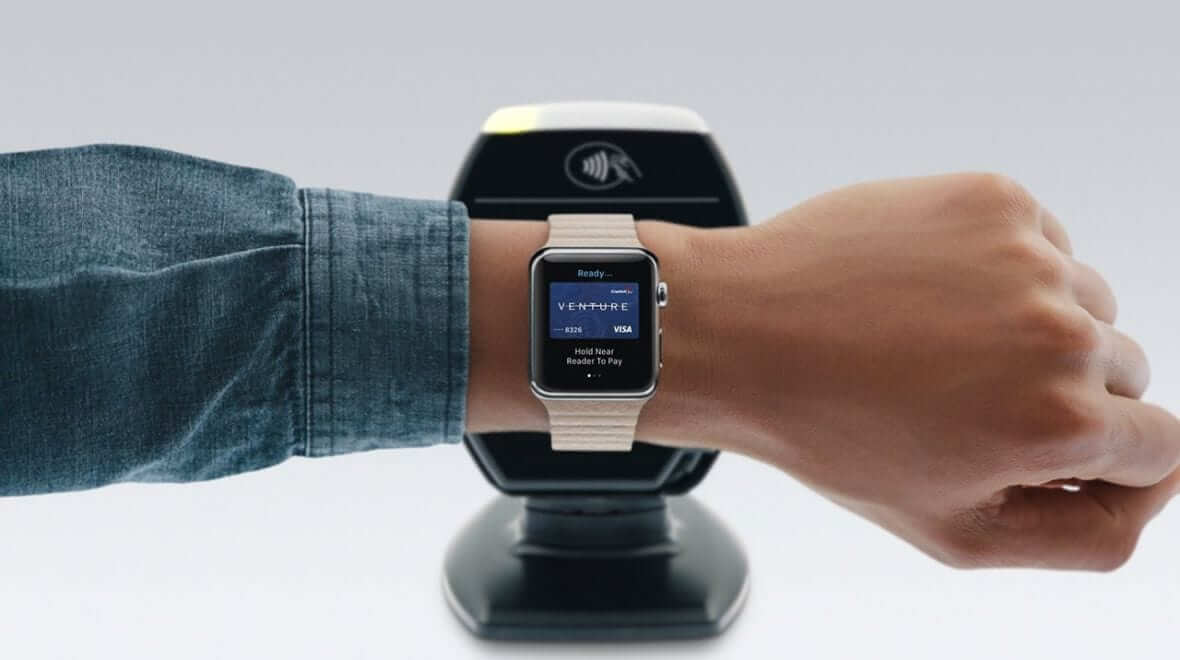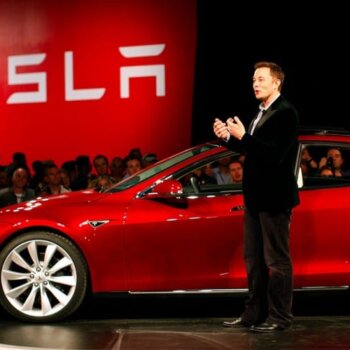A substantial portion of the Western population seems to be convinced that completely transferring the economy to the cyber-level is the natural way of progress. All the invoked arguments seem to make perfect sense to the integrated, employed, middle-class and middle-aged citizen. But from the point of view of millions of people outside that class, they are absurd and dangerous.
Britain produced the Change card, in 2015, with the Charity Homeless Link announcing “The Change Account has many of the benefits of a bank account, with its debit card, dedicated PIN code and account number. But it is very much a new form of account, and the similarities end when you look into the range of innovations designed to simplify personal finances.” Her Majesty’s government seems favorable to registering all homeless people and transferring their benefits to cards, and not handing it over in cash.
The reasons for which one can end up on the streets are almost as many as the people in that predicament. One of those reasons is the inability to acquire the most elementary skills. Learning how a debit card, or credit card, or bank transfer work may have been a walk in the park for some of us, but it is precisely the reason which kept some people from fully embracing the professional world. The Homeless Charity Crisis organizes teaching sessions regularly to address this problem : “As part of Crisis at Christmas, running from Friday 23 December to Friday 30 December, up to nine temporary centres will be set up in London. As well as companionship and hot meals for homeless people, the centres will offer health checks, housing advice and training, as well as further education opportunities — and it is in this area that the readers of PC Advisor can help.” Be it for lack of capacity or inclination, it would be self-centered and dangerous on our part to imagine that wielding payment instruments is natural knowledge : it’s not.
Cash Essentials produced a study last year, indicating what a devastating blow the disappearance of cash would be, and for how many people: “Nearly half of all adults in the world are excluded from formal financial services; that is 2.5 billion persons. The vast majority live in developing or emerging economies and can represent 90% of the population in some countries. Even in some advanced economies the number of unbanked can be as high as 20%. In the US, the Federal Deposit Insurance Corporation estimates that 7.7% of households were unbanked in 2013 and 20% were under-banked, meaning that they hold a bank account but do not have full access to banking services.“ It added: “According to the World Bank, lack of money is the most frequently cited reason for not holding an account. Distance and documentation are also significant obstacles. Often, the main barrier to account penetration in rural areas is the large distance to a bank branch.” In other words, connected wallets and smartphones are hunky-dory for your average city-dweller, but the countryman and the homeless man needs cash.
Upon further reflexion, and to give credit to the thesis exposed above: didn’t we all make our first monies in cash before moving on to other forms of wealth? Wasn’t our pocket money or our retribution for cleaning our parents’ car handed over in notes and coins? According to careers, some workers on the market are no longer paid in pounds, dollars or euros but in stock-options, though most of us didn’t make it that far. We, average workers, moved from cash to online accounts, as we aged and matured. But some of us never made it past the cash. And forcing them into the cyber world which they do not master is more likely to crush them than to help them out. German newspaper Deutsche Welle points out : “Currently, some banks can deny someone an account if they are unable to provide identification or proof of residency — two conditions that often apply to refugees or homeless people. The lack of a bank account can make it difficult for people in these groups to participate in normal financial transactions.”
The idea that providing homeless people with state credit cards will further their integration is ludicrously counter-productive. Credit cards work perfectly well for us, who have computers to order on Amazon, and safe places to keep them at night, and cars to swing by the ATM on the way back from the office. What is a poor man to do with his credit card when he lives in a remote village with miles to the next bank? Of course, some homeless people will adapt and seize the opportunity to regroup with the rest of the population in the cyber-world. But with half the planet’s population without a bank account, how can it be a good thing to kill off currency?
See odd jobs as degrading if you wish. See panhandling as humiliating, if you will. See cash as impractical, and good only to carry out drug transactions, if you so please. But for millions of people across Europe and the world, the cash in their pockets is the produce of their work or their only way to survive.
__________________________________________________________
About the Author
This article was produced and written by Christian Clark.





























